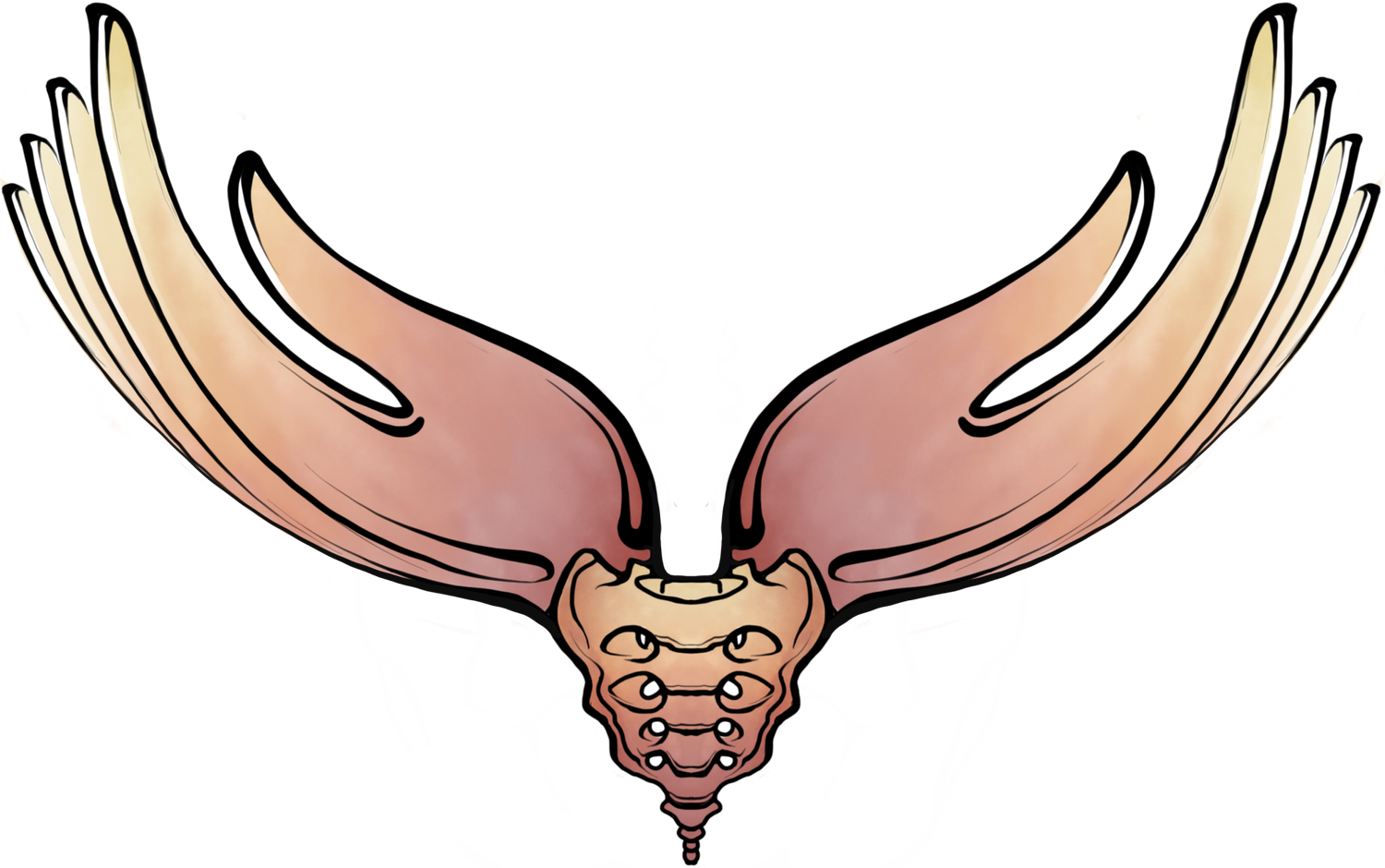Interested Students
Calling doctoral occupational therapy students! Are you interested in working with Liberate Pelvic Health for your capstone project? Liberate is accepting letters of interest for the spring of 2025 to support the completion of a qualitative study assessing the mental health and occupational outcomes for black birthing people. It is important that students are in alignment with the values of Liberate Pelvic Health and dedicated to anti-racism work. If interested, please email rachel@liberatepelvichealth.com with the following information:
Name
School
Why you are interested
Description of your commitment to anti-racism work as a future OT practitioner
Reliable contact information
Past Student Testimonials
Nora:
This Doctoral Capstone Experience increased my learning and knowledge of not only pelvic health but also what it means to be an anit-racist provider and what that lifelong commitment looks like. It was a multifaceted project and experience that encapsulated pelvic health education, a pregnancy and postpartum exercises course, working on two grants (see above), and hands-on client interaction. I found it beneficial to work on so many different tasks that really rounded out the experience and learning to take me from an entry level practitioner to specializing in a very niche field. These various tasks also gave me some insight into the ins and outs of running a private practice/entrepreneurship that is needed to start and grow a business. This project has taught me to be flexible and go with the flow as we can only control what is in our hands. Initially we thought we were going to be able to work on the research project (AOTF), however it ended up being a slower process than anticipated.
Instead of the research aspect, being able to write an editorial piece that highlights the importance of anti-racism practices and how OT can implement these practices with current models and theories was an invaluable experience. I believe there is a gap in occupational therapy education regarding the teaching and preparation of using trauma-informed care as well as the racial health disparities that are ever present within the healthcare system. It is a lifelong commitment to learning and unlearning biases in order to embody anti-racism in my life as well as professional identity to give the best trauma-informed and racially trauma-informed care. As a white woman entering this profession and working within these systems that disproportionately affect the BIPOC community, it is important to start this self work now and use my privilege to help prevent causing more harm while creating a safe space for all. After completing this project and getting more in-depth knowledge and personal/professional growth I believe I am more prepared to start and continue this journey. I am very interested in pursuing a career in pelvic health, however I am not sure if it will be my first job after graduation. I think I would like to get more hands-on experience possibly in a hospital setting so that I can work with a variety of diagnoses. I will be able to take the knowledge I learned during this experience including incontinence, pain with sex, etc and apply it in whichever setting I start out in while continuing my education of pelvic health.
Hannah:
I am very passionate about trauma-informed care and this capstone experience has helped me grow more into a practitioner who is aligned with that value. I have learned how necessary conscious and purposeful anti-racism work is to provide trauma-informed care. As an aspiring pelvic health therapist who identifies as white, I will be working in a space where people are especially vulnerable and a space where significant harm has been incurred by people of color due to racism. This requires me to be involved in this lifelong work to prevent causing more harm and to create a safe care space for anyone who needs it. After this experience, I feel more prepared to seek out resources and seek out a community in order to continue doing this work inside and out of my work life. I have a better foundation of knowledge for the complex ways racism interacts with identity, community, and systems such that I can engage in conversations and reflections with others in a more productive way.
As I learned more about pelvic health, through opportunities such as working through the Pregnancy and Postpartum Corrective Exercise Specialist course, it became more and more clear how holistic pelvic health is. The more I tried to zoom into the pelvic floor itself, the more I had to zoom out to consider the whole body and person. For example, learning about how foot pronation/supination impacts pelvic floor function. This is a great lesson for me not only as I pursue a career in pelvic health, but also if I work in a more general OT setting. This balance between trying to address the pelvic floor locally and also from a more whole-body systemic lens was initially challenging when treatment planning for a patient care experience, however I am grateful to feel more prepared for both approaches. I am planning on pursuing work in pelvic floor specifically, however I feel equipped to address pelvic health within other general settings as it is so applicable to everyday life and functioning, no matter the person. Finally, working within pelvic health provides ample opportunities and reminders to stay present. The emphasis on the breath’s relationship with the pelvic floor, as well as nervous system regulation, has lended itself to more intentionality about being present where my feet are, both as I practice techniques I have learned and in my everyday life.

